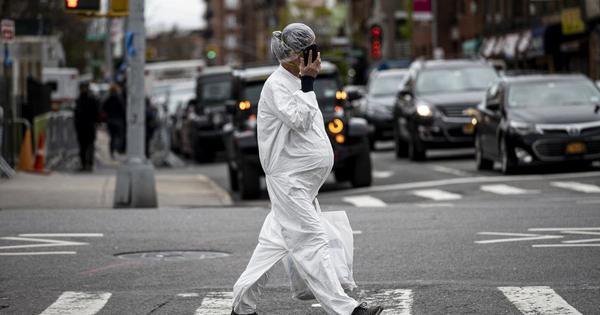There are no products in your shopping cart.
| 0 Items | £0.00 |


MILLIONS of women will end up with unwanted pregnancies as a result of the global economic lockdown brought about by the coronavirus pandemic according to a recent report from the United Nations Population Fund (UNFPA).
For over a month now, most nations have been in lockdown mode with most public services unavailable as government's try to enforce social distancing. This has badly affected public social facilities like contraception centres and abortion clinics, which sexual health experts say will now have major repercussions.
UNFPA, the global sexual and reproductive health agency, has warned that apart from suffering from gender-based violence during the lockdown, many women are also not getting the usual support they should have access to. It added that over-taxed health systems, closed facilities and disrupted supply chains will curtail access to reproductive care for women and girls, particularly in low-income nations.
According to UNFPA, with six months of lockdown, 47m women in 114 low-to middle-income countries will likely lose access to contraception because of the pandemic. It added that this will lead to 7m unintended pregnancies.
Dr Natalia Kanem, UNFPA executive director, said: “This new data shows the catastrophic impact that Covid-19 could soon have on women and girls globally. The pandemic is deepening inequalities and millions more women and girls now risk losing the ability to plan their families and protect their bodies and their health.”
For every three months of lockdown, 15m new cases of gender-based violence can be expected, according to the UNFPA report. It added that over the next decade, 2m female genital mutilations will also result, as programmes designed to prevent the procedure are put on pause.
UNFPA also claims that 13m girls may be forced into child marriages over the next 10 years, that likely could have been prevented prior to the pandemic. Its report says that while women and men contract coronavirus at roughly the same rate, research indicates that men are up to 2.5 times more likely to develop severe or life-threatening symptoms.